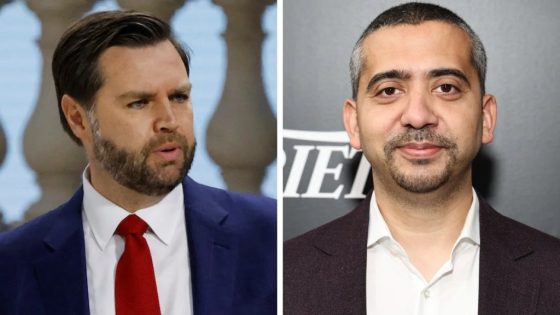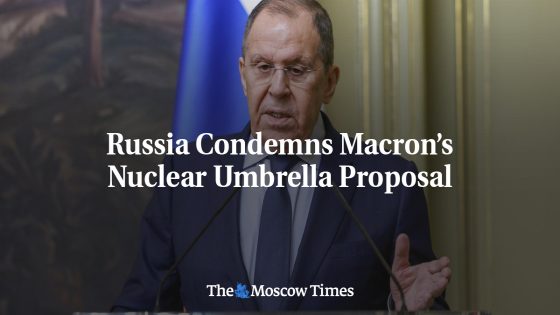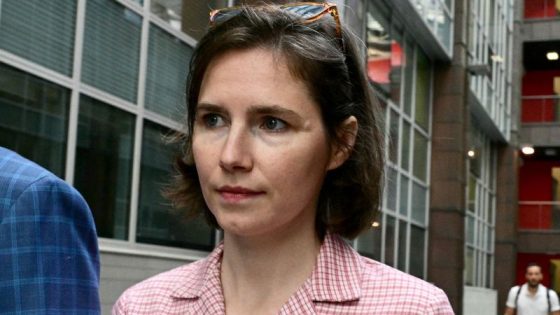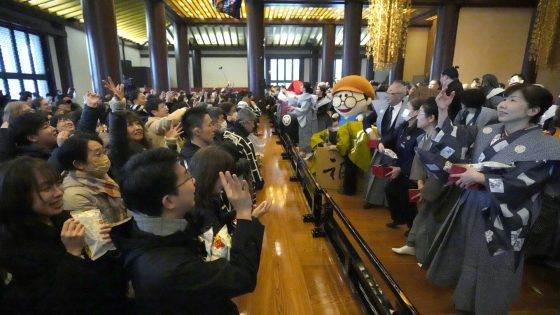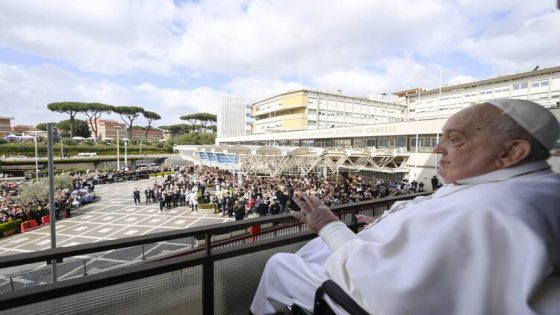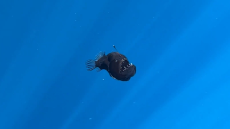On February 18, 2025, a dispute erupted on social media between U.S. Senator JD Vance and journalist Mehdi Hasan. Vance called Hasan a “dummy” after Hasan criticized the vice president’s remarks on free speech during a speech at the Munich Security Conference, which Hasan linked to the Associated Press being banned from the White House.
- JD Vance calls Mehdi Hasan a "dummy."
- Hasan critiques vice president's free speech stance.
- Vance defends White House press access issues.
- Hasan invites Vance for an on-air interview.
- Vance's speech met with criticism and silence.
- Elon Musk's comments on journalism provoke response.
The exchange began when Hasan, now the CEO of Zeteo News, tagged Vance on X (formerly Twitter) to discuss a recent article from Axios. The article reported that the Trump administration had indefinitely banned the Associated Press from the White House due to its refusal to refer to the Gulf of Mexico as the “Gulf of America.” Hasan pointed out the contradiction in Vance’s criticisms of European free speech violations while the U.S. government was taking similar actions against the press.
During his speech at the Munich Security Conference, Vance accused European leaders of suppressing free speech and failing to uphold fundamental values. His comments, which included blaming Europe for mass migration, received little response from the audience and were met with criticism from various leaders, including European Commission Vice President Kaja Kallas.
In response to Hasan’s remarks, Vance defended his stance by distinguishing between not allowing a reporter access to a press briefing and jailing dissenters. He stated, “Yes dummy. I think there’s a difference between not giving a reporter a seat in the WH press briefing room and jailing people for dissenting views.” Hasan countered by referencing comments made by Elon Musk regarding journalists and extended an invitation for Vance to discuss free speech on his show.
This exchange highlights ongoing tensions regarding free speech and press access in both the U.S. and Europe, as political figures navigate these complex issues in the current media landscape.
The public exchange between Vance and Hasan underscores the contentious nature of free speech debates today. It illustrates how political figures are scrutinized for their statements and actions regarding press freedoms, reflecting broader concerns about governmental accountability and media access.



